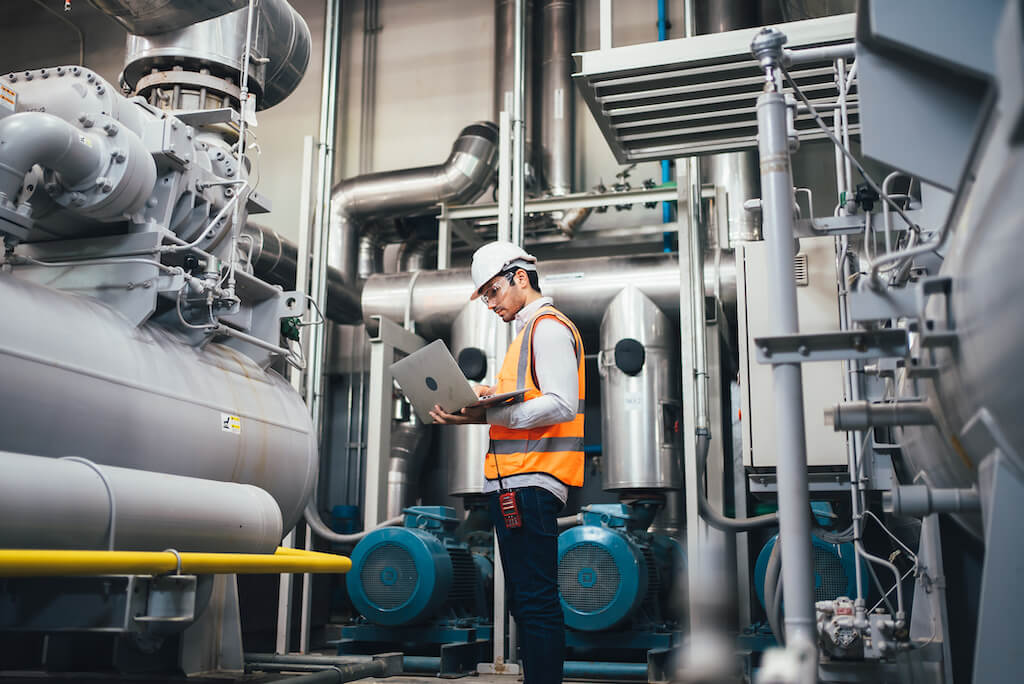For businesses, energy expenses are one of the largest ongoing costs of operating a commercial property. Heating, ventilation, and air conditioning (HVAC) systems are often the biggest contributors to these bills, consuming up to 40% of a building’s energy use. The good news? Preventive maintenance can significantly lower these costs while also extending the life of your HVAC system.
By following a few smart strategies—and investing in a professional commercial HVAC preventative maintenance service—businesses can improve energy efficiency, reduce operational expenses, and maintain a comfortable indoor environment year-round.
Commercial HVAC systems run nearly nonstop in many commercial settings, making them prone to wear, dirt buildup, and inefficiencies. Without regular care, energy bills climb as the system works harder to keep up. Preventive maintenance ensures that small issues are corrected early, performance remains optimized, and equipment operates at peak efficiency.
1. Replace Air Filters Regularly
Clogged filters restrict airflow, forcing HVAC systems to work harder and consume more power. Replacing filters every 1–3 months keeps air flowing freely and lowers energy usage.
2. Clean Coils and Fans
Dust and debris on condenser and evaporator coils act as insulation, preventing efficient heat transfer. Routine cleaning improves efficiency and reduces strain on the system.
3. Seal Air Duct Leaks
Leaky ducts can waste up to 30% of conditioned air, leading to higher bills and uneven temperatures. Sealing ducts ensures air reaches its intended destination without waste.
4. Calibrate Thermostats
Incorrect thermostat settings or faulty calibration can cause overcooling or overheating. Programmable or smart thermostats help regulate temperatures efficiently, reducing unnecessary energy use.
5. Schedule Seasonal Tune-Ups
Professional tune-ups before peak summer and winter seasons ensure your HVAC system is ready for heavy use. This reduces the risk of costly breakdowns and keeps energy use in check.
6. Monitor Refrigerant Levels
Low refrigerant levels cause the system to work harder, raising energy costs and risking compressor failure. Preventive maintenance includes checking and adjusting refrigerant for optimal efficiency.
7. Invest in Energy-Efficient Upgrades
While maintenance is crucial, upgrading aging components—like motors, controls, or even entire units—can deliver long-term energy savings. Preventive service providers can recommend the best upgrades for your building.
While your staff can handle some basic tasks like filter changes, a professional commercial HVAC preventative maintenance service provides the expertise and tools needed to keep your system running at peak efficiency. Services often include:
- Full system inspections
- Coil and duct cleaning
- Electrical testing
- Lubrication of moving parts
- Performance benchmarking
- Tailored maintenance schedules for your building
By partnering with an experienced provider, businesses can cut energy bills, extend system life, and ensure consistent comfort for employees and customers alike.
Reducing energy costs isn’t about drastic changes—it’s about consistent, preventive action. Simple tasks like filter replacements, coil cleaning, and duct inspections, combined with a structured commercial HVAC preventative maintenance service, can deliver measurable savings on your energy bills.
Proactive care not only protects your HVAC investment but also supports a greener, more cost-efficient business.
Keep an eye for more latest news & updates on News Ross!
